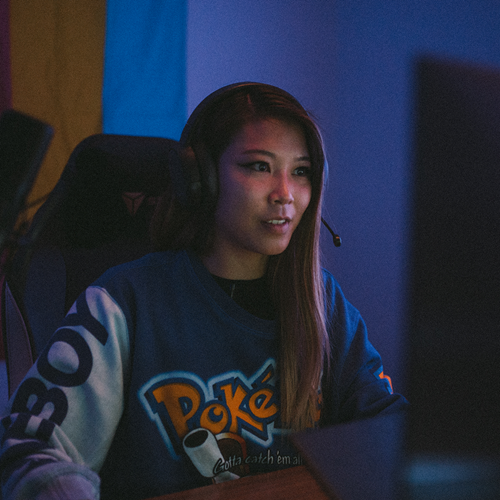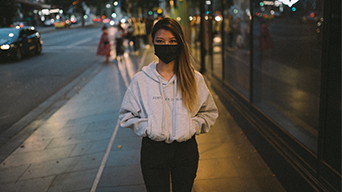Youth and mental health
We all have good days and bad days. However, if you're feeling sad, down or anxious and these feelings have started to affect your everyday life, then it's important to find out what's going on and how you can manage it.
This section is for young people between the ages of 12 and 25.


Stress, anxiety and feeling down can affect anyone, and happens to a lot of us at some point in our lives.
Over 75% of mental health issues occur before the age of 25, while suicide continues to cause the largest loss of life of young people in Australia.
It’s never too early to start looking after your mental health and wellbeing so you can be the best version of yourself.

Family and friends
Parents and friends will react in different ways. Some may be supportive and caring, while others might have trouble understanding your experiences. It can be surprising to see how helpful people can be when you let them know what's going on. Others might feel frustrated because they don't know how to help, or because they feel disappointed that they had not seen how unhappy or anxious you were.
If their reaction is because they don't know much about mental health, then you may be able to learn about it together. Talking about what is going on can really help.
If you don’t have any family or friends you feel comfortable with, you could reach out to a health professional like your school counsellor or to a youth support service. Find more options below.

Health professionals
What you tell the doctor will be kept confidential – they won’t tell your family that you’ve had an appointment with them, or anything that happened during your appointment (unless they are very concerned about your safety).
If you’re uncomfortable with the first person you talk to, it’s okay to try someone else. Some people find it easier to talk to a doctor who is the same gender, is closer to them in age, or is not their family doctor. It can be useful to involve your parents, carers or a friend when you get help, so they can support you.
Beyond Blue offers free mental health coaching in New South Wales and Queensland via a program called NewAccess. Click here to find out more about NewAccess and if you are eligible.
Supporting a friend
Supporting a young person
Prioritising youth mental health ensures a foundation for healthy development, empowering young individuals to thrive as they transition into adulthood.
Beyond Blue offer a range of support resources to help navigate how to be there for a young one experiencing mental health difficulties.
Discover how you can improve your wellbeing with the Wellbeing Action Tool.
Further resources
- BITE BACK is a free, self-guided online wellbeing and resilience program for young people aged 13–16 years old.
- BRAVE Program. An interactive, free online program for the prevention and treatment of childhood and adolescent anxiety.
Kids Helpline. The website has information and services to support young people through any problems – big or small.
- Children of Parents with a Mental Illness (COPMI). Information for kids, teens and adults who have a parent with a mental health condition.
headspace. The website has information and services to support a young person going through a tough time.
- moodgym. A free, fun, interactive program that helps you identify and overcome problem emotions and shows you how to develop good coping skills for the future.
- Reach Out. Use ReachOut.com to figure things out and make life better. The website offers information and other resources designed specifically for young people.
Young carers. A place for young carers to learn about support services, access resources and share their stories and opinions.








